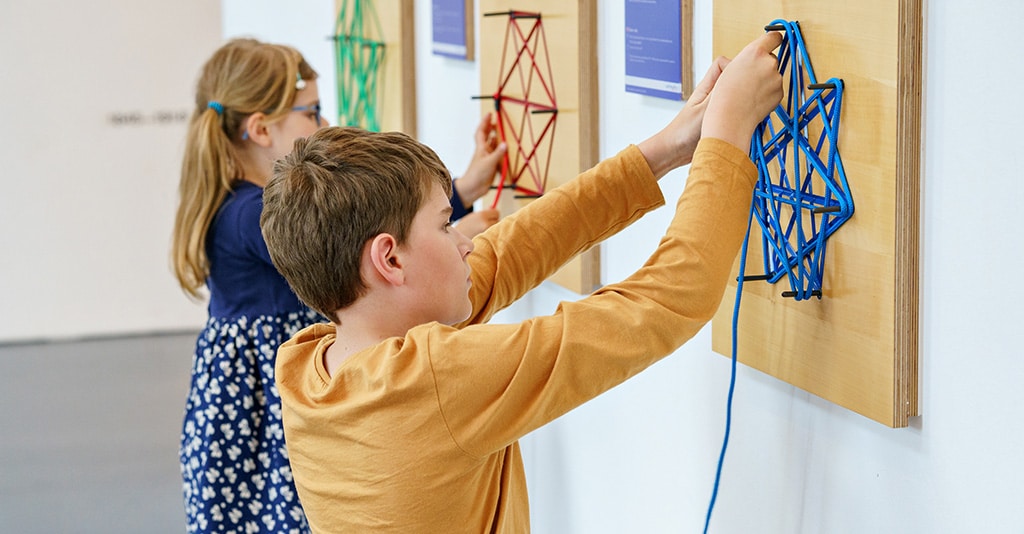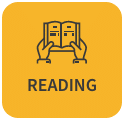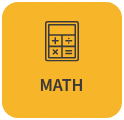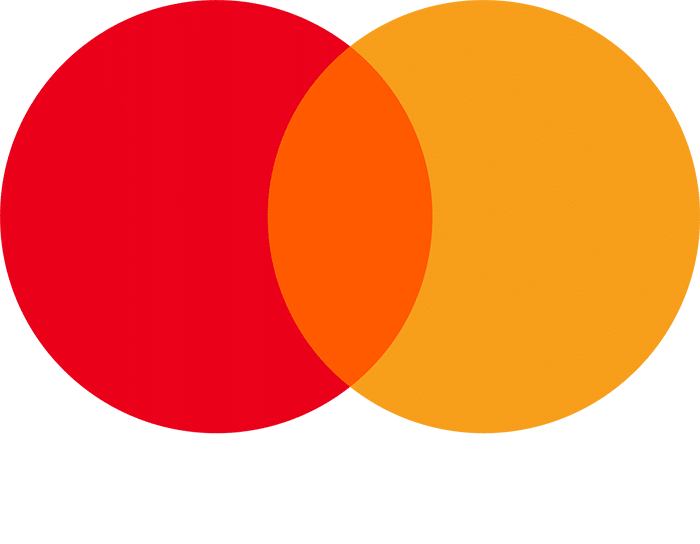
Summer break is an eagerly awaited time for students to relax and enjoy their freedom from the rigors of school. However, research has shown that this extended break can also lead to a phenomenon known as summer learning loss or the summer slide. This refers to the decline in academic skills and knowledge that students may experience during the summer months, particularly those from historically disadvantaged backgrounds.
As educators, parents, and researchers, it is crucial to understand the impact of summer learning loss and explore effective strategies to prevent it. In this comprehensive guide, we will delve into the topic of summer learning loss, examine the research findings, and provide practical suggestions for districts, schools, and families to combat this issue.
Understanding Summer Learning Loss
The concept of summer learning loss has been a topic of discussion for decades. It is characterized by the regression or decline in academic abilities that students may experience during the summer break. This phenomenon has been a cause for concern among educators and researchers as it can significantly impact students’ educational progress, especially those from historically disadvantaged student groups. Commonly referred to as the summer slide or brain drain, summer learning loss has been the focus of numerous studies aiming to understand its causes and effects.
The Impact of Summer Learning Loss
Research has shown that students may experience a loss of one to three months’ worth of learning during the summer break. This loss can be particularly detrimental to students who are already facing learning struggles or are considered at-risk. The cumulative effect of summer learning loss over the elementary school years can further exacerbate achievement gaps, leading to long-term consequences for students’ academic success.
Factors Contributing to Summer Learning Loss
Several factors contribute to summer learning loss, including lack of access to educational resources, limited opportunities for enrichment activities, and decreased academic engagement during the break. Students from low-income backgrounds are particularly vulnerable to summer learning loss due to limited access to educational resources and enrichment programs. Additionally, the absence of structured learning environments and reduced academic engagement can further exacerbate the regression of skills and knowledge.
Research Findings on Summer Learning Loss
Over the years, researchers have conducted extensive studies to understand the nature and impact of summer learning loss. These studies have provided valuable insights into the causes and consequences of this phenomenon, as well as potential strategies to mitigate its effects. Let’s explore some of the key findings from research on summer learning loss.
The “Summer Slide” in Academic Achievement
Numerous studies have documented the existence of a “summer slide” in academic achievement, particularly in subjects such as mathematics and reading. Researchers have found that students, on average, may lose between 25-50% of their school-year gains in mathematics during the summer break. The loss of skills and knowledge in reading is also evident, with students experiencing a decline in reading comprehension and vocabulary acquisition.
Disparities in Summer Learning Loss
Research has highlighted the disparities in summer learning loss, with students from low-income backgrounds being disproportionately affected. These students often lack access to educational resources, including books, educational programs, and enrichment activities during the summer break. As a result, the achievement gap between low-income students and their more affluent peers tends to widen over the summer months.
The Importance of Enrichment Activities
Studies have consistently shown that participation in educational and enrichment activities during the summer can mitigate the effects of learning loss. Engaging in activities such as reading, math games, hands-on STEM projects, and cultural experiences can help students maintain and even enhance their academic skills. Additionally, programs that provide targeted support and interventions for at-risk students have been found to be effective in reducing summer learning loss.
The Role of Access to Resources
Access to educational resources, such as books, libraries, and technology, plays a crucial role in preventing summer learning loss. Research has shown that students who have access to books and engage in regular reading during the summer months are more likely to maintain their reading skills and experience less regression. Similarly, access to technology and online resources can provide students with opportunities for continued learning and skill development during the break.
Strategies to Combat Summer Learning Loss
Now that we have explored the impact and causes of summer learning loss, let’s shift our focus to practical strategies that schools, districts, and families can implement to combat this issue. By employing targeted interventions and creating a supportive learning environment, we can help students stay engaged and prevent regression during the summer break.
Summer School Programs
Summer school programs offer an avenue for combating summer learning loss. These programs provide structured learning environments and targeted interventions for students who are at risk of falling behind or experiencing regression during the break. By offering academic support, remedial instruction, and enrichment activities, summer school programs can help students maintain their skills and bridge the gap between school years. It is crucial to design summer school programs that are engaging, culturally relevant, and tailored to meet the specific needs of students.
Modified School Calendars
Modifying the school calendar to reduce the length of the summer break is another strategy to prevent summer learning loss. This approach involves rearranging the school year to incorporate shorter, more frequent breaks throughout the year, rather than one long summer break. By providing students with shorter breaks, educators can ensure continuity in learning and minimize the regression of skills and knowledge. However, it is important to consider the potential challenges and logistical implications of implementing modified school calendars, such as adjusting transportation schedules and accommodating the needs of families.
Promoting Reading and Literacy
Reading is a powerful tool for combating summer learning loss. Encouraging students to read during the summer break can help them maintain and improve their literacy skills. Schools, districts, and families can implement various strategies to promote reading and make it an enjoyable activity for students. Public libraries often offer summer reading programs that incentivize children to read through rewards and recognition. Additionally, parents can create a reading routine at home, provide access to a wide range of books, and engage in discussions about what their children are reading.
Engaging in Enrichment Activities
Providing opportunities for students to engage in enrichment activities during the summer break can prevent learning loss and foster a love for learning. These activities can take various forms, such as math games, science experiments, art projects, and cultural experiences. Schools and community organizations can collaborate to offer summer enrichment programs that expose students to new experiences, expand their knowledge, and develop their skills. By making learning fun and hands-on, students are more likely to stay engaged and motivated to learn during the break.
Leveraging Technology for Learning
Technology can be a valuable tool in preventing summer learning loss. Online resources, educational apps, and digital platforms (such as Chalkboard Teach) offer opportunities for students to continue learning and practicing essential skills during the summer break. Schools and districts can provide access to technology and recommend educational websites and apps that align with the curriculum. Additionally, teachers can create virtual classrooms or online learning communities where students can collaborate, engage in discussions, and access educational materials. It is crucial to ensure equitable access to technology and support families in utilizing these resources effectively.
Parental Involvement and Support
Parents play a vital role in preventing summer learning loss. By actively engaging in their children’s education and providing support during the summer break, parents can help maintain and reinforce learning. Parents can create a learning-rich environment at home by incorporating educational activities into daily routines, such as cooking, gardening, and budgeting. They can also encourage their children to pursue their interests and explore new subjects through books, documentaries, and educational websites. Regular communication with teachers and participation in school-organized summer activities can further enhance parental involvement in supporting their children’s learning.
Collaboration and Partnerships
Addressing summer learning loss requires collaboration and partnerships among schools, districts, community organizations, and families. By working together, stakeholders can pool resources, leverage expertise, and create comprehensive summer learning programs. Schools can partner with local libraries, museums, nonprofits, and businesses to provide students with access to educational resources, enrichment activities, and real-world learning experiences. Collaboration among educators, parents, and community members can ensure that summer learning initiatives are aligned, impactful, and responsive to students’ needs.
Professional Development for Educators
Equipping educators with the knowledge, skills, and resources to address summer learning loss is critical. Professional development opportunities can provide educators with research-based strategies, instructional techniques, and assessment tools to effectively prevent and mitigate learning loss. Schools and districts can invest in training programs, workshops, and collaborative learning communities that focus on summer learning initiatives. By supporting educators in implementing evidence-based practices, schools can create a supportive learning environment that maximizes student engagement and learning during the summer break.
Monitoring and Evaluation
Monitoring and evaluating the effectiveness of summer learning programs is essential to ensure continuous improvement and accountability. Schools and districts should establish clear goals, objectives, and performance measures to assess the impact of their summer learning initiatives. Regular data collection, analysis, and feedback loops can inform program design, identify areas for improvement, and guide decision-making. By monitoring student progress and outcomes, educators can make data-informed instructional decisions that address individual learning needs and optimize the effectiveness of summer learning programs.
Conclusion
Summer learning loss is a significant concern that can negatively impact students’ academic progress and widen achievement gaps. However, by implementing targeted strategies and creating supportive learning environments, we can prevent and mitigate the effects of summer learning loss. Through summer school programs, modified calendars, reading promotion, engagement in enrichment activities, leveraging technology, parental involvement, collaboration, professional development, and monitoring and evaluation, we can ensure that students continue to learn and grow during the summer break.
By prioritizing educational opportunities and fostering a love for learning, we can empower students to reach their full potential and bridge the gap between school years, ultimately leading to improved academic outcomes and long-term success. Together, let’s make summer a time of growth, exploration, and continued learning for all students.
Follow us on Instagram and Facebook to keep up to date with Chalkboard!









